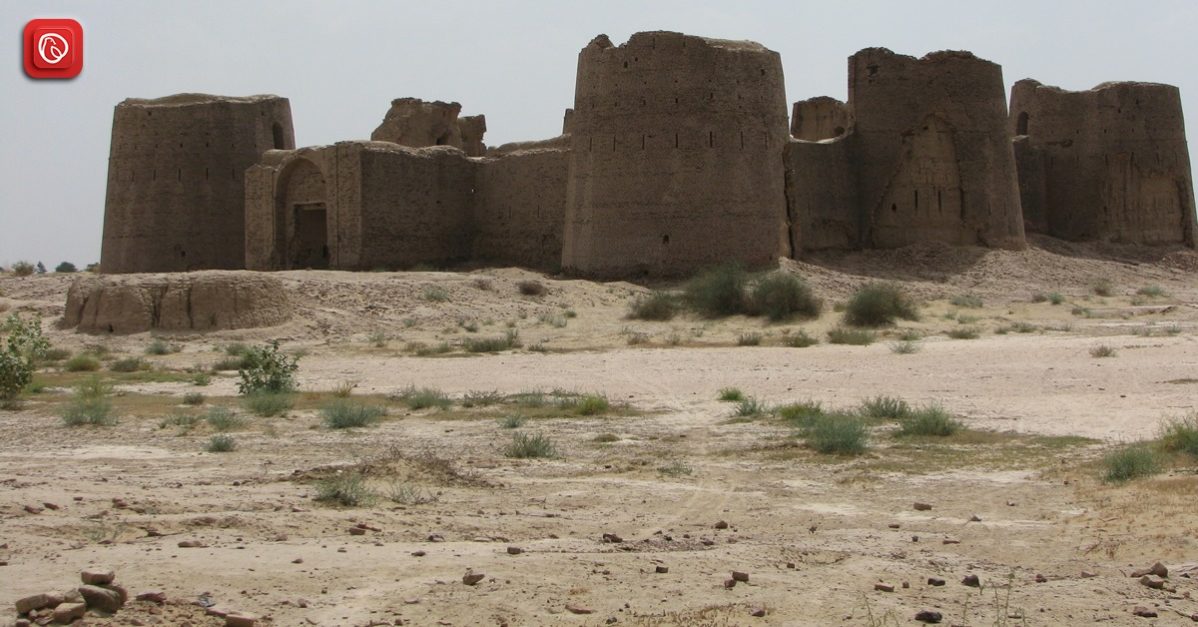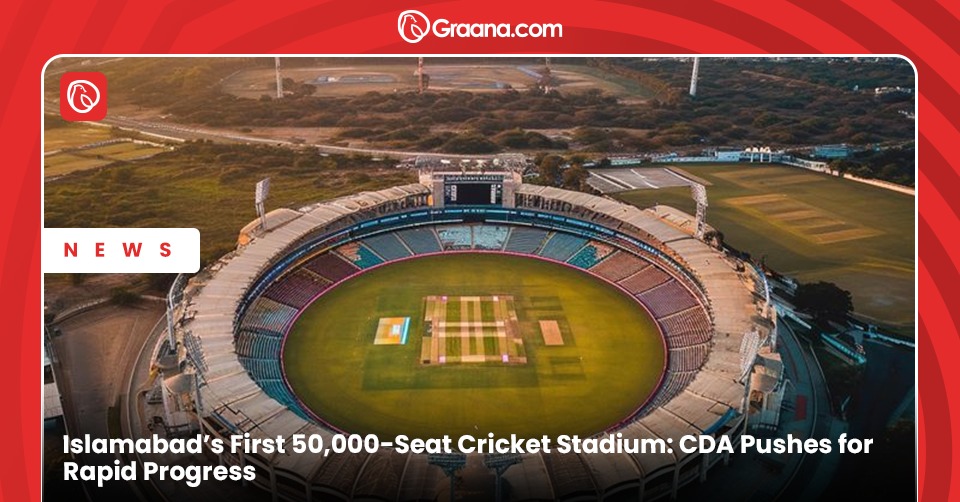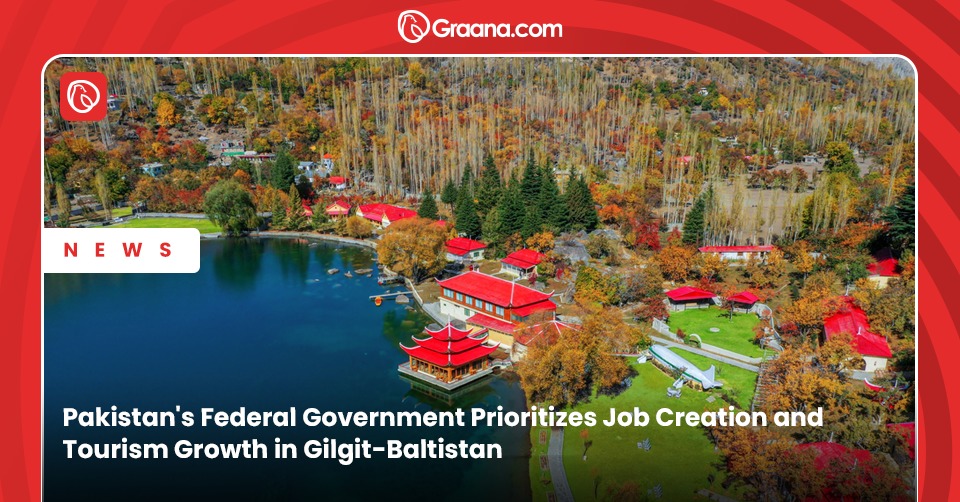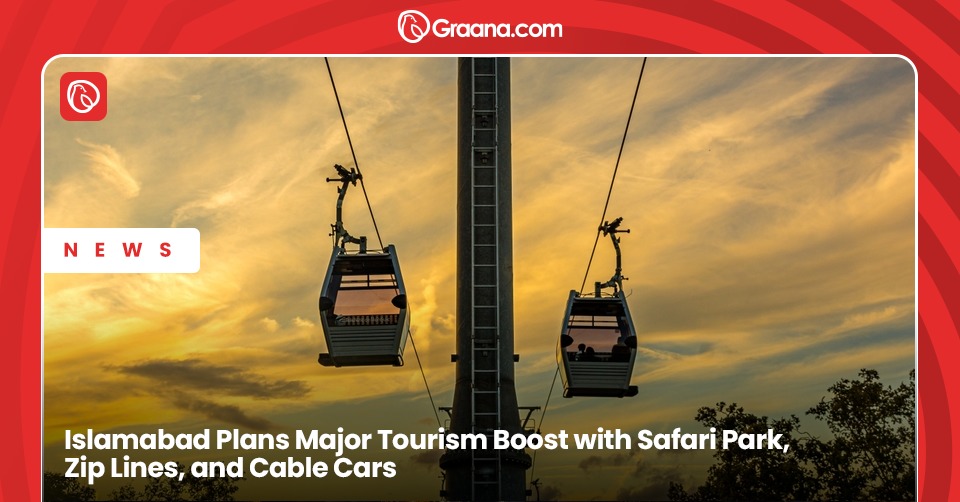Bahawalnagar, a city in the heart of Punjab, Pakistan, holds a distinctive charm shaped by its historical roots and cultural vibrancy. Originally named Rojanwali, the city underwent a significant transformation in 1904, adopting its current name in honour of Bahawal Khan V, the ruler of the Bahawalpur state.
Situated 262 km south of Lahore, Bahawalnagar occupies a unique position as the 54th largest city in Pakistan by population, according to the 2017 census. Its geographical location along the historic Delhi–Multan Road adds to its historical significance, as it was once part of the Multan province of the Mughal Empire.
Bahawalnagar’s climate reflects the region’s semi-arid nature, with scorching summers and mild winters. The city’s resilience and growth are evident in its agricultural activities, with the canal system contributing to the fertility of the land. As Bahawalnagar continues to evolve, it remains a captivating destination for those seeking a glimpse into the past and a taste of the unique culture that defines this Pakistani city.
Graana.com has compiled a detailed blog about Bahawalnagar, highlighting its history, climate and weather, and various other aspects.
History of Bahawalnagar

The history of Bahawalnagar is a captivating journey that unveils the city’s evolution from a modest settlement to its present-day significance in the heart of Punjab, Pakistan. Originally known as Rojan Wali, Bahawalnagar’s story begins with its establishment as a small village consisting of humble huts and shacks. Situated at a distance of about 1.5 miles north of the Railway Station, this village remains a testament to the city’s humble origins.
The turning point in Bahawalnagar’s history occurred in 1904 when it underwent a name change. The city was renamed after Bahawal Khan V, the ruler of the Bahawalpur state, comprising present-day districts of Bahawalpur, Bahawalnagar, and Rahim Yar Khan. This transformation marked the city’s identity as Bahawalnagar, a name that has endured through the decades.
The establishment of the Rojan Wali Railway Station in 1895 was a pivotal moment, contributing to the city’s growth and connectivity. Serving as a junction between Bahawalnagar and Bhatinda, the railway station played a crucial role in facilitating trade and travel. Before partition, it was a bustling junction where trains ran from Karachi to Delhi and vice versa via Bahawalnagar.
With the visit of Nawab Mohammad Bahawal Khan Abbasi IV in 1904, the people of Rojan Wali sought permission to rename the city after the ruling Nawab. The Nawab graciously granted their request, and since then, the city has been known as Bahawalnagar.
Bahawalnagar in 20th Century

The early 20th century witnessed significant milestones in Bahawalnagar’s history. The introduction of the canal system, particularly the Fordwah Canal, turned the area into fertile land, contributing to the city’s agricultural prosperity. The development of a railway bazaar south of the railway station marked another chapter in Bahawalnagar’s growth.
In 1914, Bahawalnagar was recommended as a Tehsil, and the city’s administrative structure took shape with the establishment of a regular municipal committee in 1922. Over the years, educational institutions, police stations, and other civic amenities were established, laying the groundwork for the city’s development.
Bahawalnagar’s history is a narrative of resilience, adaptation, and growth. From its modest beginnings to becoming the administrative centre of Bahawalnagar District, the city stands as a testament to the enduring spirit of its people and the historical forces that have shaped its identity. Today, Bahawalnagar reflects a harmonious blend of tradition and progress, inviting visitors to explore its rich past and vibrant present.
Bahawalnagar Demography and Religion
The inhabitants of District Bahawalnagar predominantly adhere to the Islamic faith, constituting about 98 percent of the population. Known for their straightforward and accommodating nature, the citizens take pride in their traditional values. Despite the predominant Muslim population, the district also accommodates followers of other religions. Followers of religion maintain their distinct way of life, social structure, festivals, and moral values.
Food Culture of Bahawalnagar

The culinary preferences in Bahawalnagar offer a delightful mix of traditional and continental cuisine. From the classic Naan Channa and Paye to the spice-infused Chinese and Italian dishes served in the city’s 2 Star and 3 Star hotels, the food scene caters to diverse tastes. Fast foods and snacks from multinational outlets also hold a special attraction for the locals.
Traditional Lassi holds a special place in the region’s culinary repertoire, often served to guests. The locals relish hot and spicy foods, with renowned food streets in the town offering favourites like mutton karahi, fried fish, til-wala naan, chicken roast, and egg burger.
Languages Spoken in Bahawalnagar
While Urdu is the common language understood by all, the majority, especially in the city, converses in Punjabi. Cantonment areas, occupied by army officials from various regions, primarily use Urdu for communication. English is prevalent among the educated elite residing in Bahawalnagar.
Cultural Aspects of Bahawalnagar

Bahawalnagar stands as a multicultural society, boasting a diverse mix of communities such as Joya, Watto, Arain, Rajpoot, Syed, Shaikh, Qureshi, Rehmani, and Malik. Special occasions, including the Urs of Hazrat Khawaja Noor Muhammad Maharvi and Hazrat Essa Khan Baba, are religiously celebrated across these communities.
Religious Diversity
In addition to the predominant Muslim population, Christians and Hindus have been settled in the region for centuries. These communities maintain their unique customs and joyously celebrate their religious festivities.
Bahawalnagar Zip Code
If you’re sending mail or packages to Bahawalnagar, the zip code to remember is 62300. This designated code ensures the efficient and accurate delivery of postal items, making communication seamless for residents and businesses alike.
Bahawalnagar Prayer Times
| Date | Fajr | Sunrise | Duhr | Asr | Maghrib | Isha |
| Jan 31 | 5:36 AM | 6:58 AM | 12:20 PM | 4:06 PM | 5:43 PM | 7:05 PM |
| Feb 01 | 5:36 AM | 6:58 AM | 12:20 PM | 4:06 PM | 5:43 PM | 7:05 PM |
| Feb 02 | 5:35 AM | 6:57 AM | 12:21 PM | 4:07 PM | 5:44 PM | 7:06 PM |
| Feb 03 | 5:35 AM | 6:56 AM | 12:21 PM | 4:08 PM | 5:45 PM | 7:07 PM |
| Feb 04 | 5:34 AM | 6:56 AM | 12:21 PM | 4:09 PM | 5:46 PM | 7:08 PM |
| Feb 05 | 5:34 AM | 6:55 AM | 12:21 PM | 4:10 PM | 5:47 PM | 7:08 PM |
| Feb 06 | 5:33 AM | 6:55 AM | 12:21 PM | 4:10 PM | 5:48 PM | 7:09 PM |
| Feb 07 | 5:32 AM | 6:54 AM | 12:21 PM | 4:11 PM | 5:49 PM | 7:10 PM |
| Feb 08 | 5:32 AM | 6:53 AM | 12:21 PM | 4:12 PM | 5:49 PM | 7:11 PM |
| Feb 09 | 5:31 AM | 6:52 AM | 12:21 PM | 4:13 PM | 5:50 PM | 7:11 PM |
| Feb 10 | 5:31 AM | 6:52 AM | 12:21 PM | 4:14 PM | 5:51 PM | 7:12 PM |
| Feb 11 | 5:30 AM | 6:51 AM | 12:21 PM | 4:14 PM | 5:52 PM | 7:13 PM |
| Feb 12 | 5:29 AM | 6:50 AM | 12:21 PM | 4:15 PM | 5:53 PM | 7:13 PM |
| Feb 13 | 5:29 AM | 6:49 AM | 12:21 PM | 4:16 PM | 5:53 PM | 7:14 PM |
| Feb 14 | 5:28 AM | 6:48 AM | 12:21 PM | 4:17 PM | 5:54 PM | 7:15 PM |
| Feb 15 | 5:27 AM | 6:47 AM | 12:21 PM | 4:17 PM | 5:55 PM | 7:16 PM |
Lahore – Bahawalnagar Distance
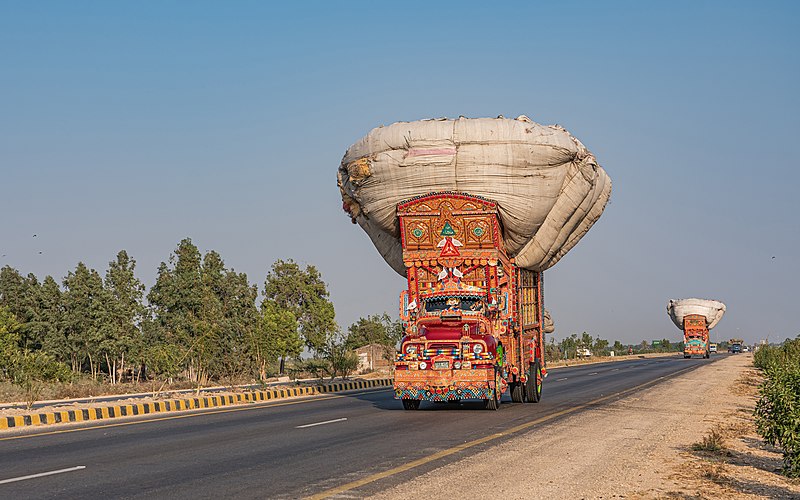
For those planning a journey from Lahore to Bahawalnagar, here are the distances via different routes:
Via NH 5/AH2 (Fastest route now due to traffic conditions):
- Duration: 4 hr 50 min
- Distance: 260 km
- Route Details: Follow NH 5/AH2 with tolls.
Lahore – Abdul Hakeem Motorway/M-3:
- Duration: 4 hr 51 min
- Distance: 312 km
NH 5/AH2 and Depalpur Rd (Some traffic, as usual):
- Duration: 5 hr 21 min
- Distance: 271 km
Understanding the distances and route options allows for effective trip planning, considering factors like traffic conditions and preferred travel time.
FAQs about Bahawalnagar
The following are the most frequently asked questions about Bahawalnagar:
What is the history behind the name “Bahawalnagar”?
Bahawalnagar was named in 1904 after Bahawal Khan V, the ruler of the Bahawalpur state. It encompasses present-day districts of Bahawalpur, Bahawalnagar, and Rahim Yar Khan.
What is the predominant profession in Bahawalnagar?
In District Bahawalnagar, approximately 75% of the population engages in agriculture, while urban families frequently participate in personal businesses or hold positions in government and private jobs.
How diverse is the culinary scene in Bahawalnagar?
Bahawalnagar offers a diverse culinary experience, ranging from traditional dishes like Naan Channa and Paye to continental cuisine in 2 Star and 3 Star hotels. Fast foods from multinational outlets are also popular.
What languages are commonly spoken in Bahawalnagar?
While Urdu holds universal understanding, Punjabi predominates as the primary language, particularly in the city. The educated elite commonly speaks English, and Urdu prevails in cantonment areas.
How has migration impacted Bahawalnagar?
Many residents have migrated abroad for employment, with a significant diaspora settled in developed countries and the Middle East. This community plays a crucial role in contributing to the country’s foreign exchange through remittances.
Dominant communities include Joya, Watto, Arain, Rajpoot, Syed, Shaikh, Qureshi, Rehmani, and Malik. Various religious communities, including Christians and Hindus, contribute to the diverse cultural landscape.
For more details follow Graana blog.
